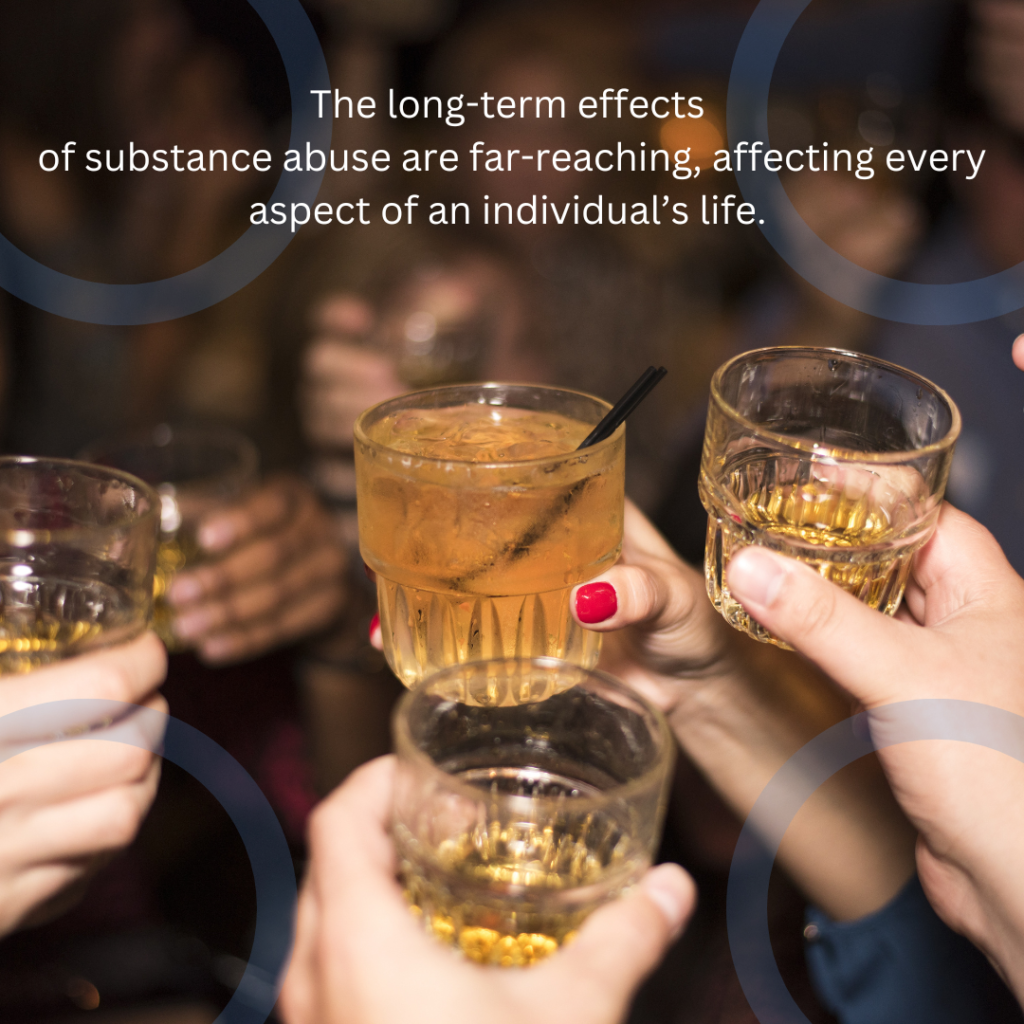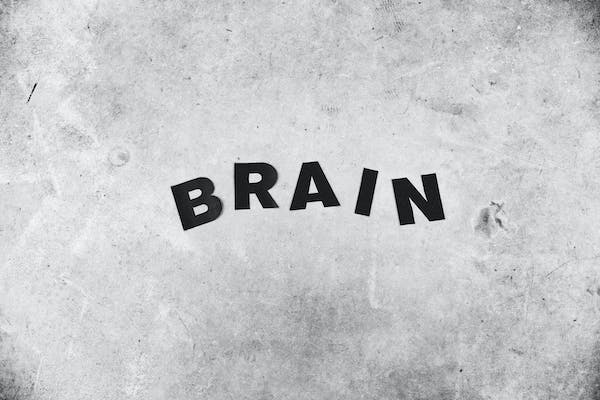
Substance abuse is a pervasive issue with far-reaching consequences, impacting individuals, families, and communities. While the immediate effects of substance abuse are often visible and dramatic, the long-term effects can be even more devastating, affecting physical health, mental well-being, and overall quality of life.
Physical Health Consequences
The long-term physical health effects of substance abuse vary depending on the substance used but generally include severe damage to vital organs and bodily systems. For example, chronic alcohol abuse can lead to liver diseases such as cirrhosis and liver cancer. It can also cause cardiovascular problems, including high blood pressure, heart disease, and stroke. Substance abuse involving drugs like cocaine and methamphetamine can result in severe cardiovascular and respiratory issues, leading to heart attacks, respiratory failure, and even sudden death.
Moreover, intravenous drug use increases the risk of contracting infectious diseases such as HIV/AIDS and hepatitis B and C due to needle sharing. Long-term smoking of substances like tobacco and marijuana is associated with chronic respiratory conditions, including chronic obstructive pulmonary disease (COPD) and lung cancer.
Mental Health Implications
The impact of long-term substance abuse on mental health is profound. Substance abuse can exacerbate existing mental health conditions such as depression, anxiety, and bipolar disorder. It can also trigger new mental health issues, including substance-induced psychosis, characterized by hallucinations and delusions.
Chronic substance abuse alters brain chemistry, leading to changes in mood, behavior, and cognitive function. For instance, prolonged use of opioids can result in significant changes in brain structure and function, leading to issues with memory, decision-making, and emotional regulation. These changes can persist even after an individual stops using the substance, making recovery a long and challenging process.
Social and Behavioral Effects
The long-term social and behavioral effects of substance abuse can be equally damaging. Substance abuse often leads to social isolation as individuals withdraw from family, friends, and social activities. Relationships suffer due to the behaviors associated with addiction, such as lying, stealing, and neglecting responsibilities.
Substance abuse can also lead to financial instability. The cost of maintaining an addiction can deplete an individual’s resources, leading to debt and financial ruin. Additionally, substance abuse often results in job loss and difficulty maintaining employment due to poor performance, absenteeism, and conflicts in the workplace.
Cognitive Decline
Long-term substance abuse significantly impacts cognitive functions, including memory, attention, and problem-solving skills. These cognitive deficits can hinder an individual’s ability to perform daily tasks, make decisions, and engage in meaningful activities. For instance, alcohol-related brain damage (ARBD) can lead to conditions such as Wernicke-Korsakoff syndrome, a chronic memory disorder.
Path to Recovery
Understanding the long-term effects of substance abuse underscores the importance of early intervention and comprehensive treatment. Recovery is a multifaceted process that involves detoxification, counseling, behavioral therapy, and support from family and peers. Long-term treatment programs that address both the physical and psychological aspects of addiction are crucial for achieving and maintaining sobriety.
The long-term effects of substance abuse are far-reaching, affecting every aspect of an individual’s life. The physical, mental, and social consequences can be devastating, but recovery is possible with the right support and treatment. Awareness and education about these effects are essential in preventing substance abuse and supporting those on the path to recovery.










